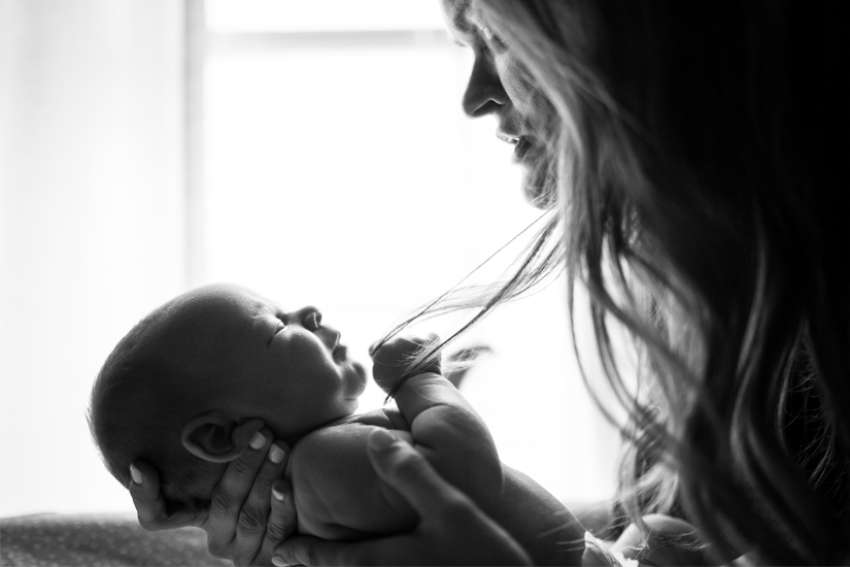Once, in a dilemma, I cornered a priest-friend and asked for an hour of his time. It was one of those moments of big decision, with strong currents pulling in different directions, leaving me scared and confused. Father listened well and didn’t worry much about the various currents, though he saw the difficulties clearly enough. He simply fanned the flame in my heart.
Our chat that day ended with the life-changing words “don’t underestimate the power of love.” No pop song this time, but words forged in the crucible, born of suffering, experience, understanding and a years-long relationship with the God of Jesus Christ.
As with many cultures down through the ages, ours is confused about love. Is it something to do with marriage, parenthood, commitment? Is sex part of it, or is it part of sex, or are they two different things? Is it about friendship and freedom, or is it a servant of current cultural values like tolerance, diversity and inclusiveness?
Confusion about love is never going to go away. Every one of us knows and connects with love, but few if any seem to really get it. Huey Lewis and Fr. Stan agree — it’s a power. Christianity has always seen love as a force. It’s what moves and gives us energy. St. Augustine wrote many centuries ago: “Love, and do as you will.”
Yet we have seen the power of the human will to hurt and destroy. Down through history we’ve seen it. Every day we see it, close at hand. Even when this destructive power is far away, it’s as accessible as the nearest internet connection.
A woman I know, call her Ruby, has suffered from the destructive power of her own mother in her life, from earliest days when she was a completely vulnerable baby born into a place and time she did not choose. Her childhood and adolescence were marred by abuse, neglect and abandonment. For most of her adult life, she couldn’t bear to see her mother or even call her “mother.”
Violence, anger and chaos might seem the strongest powers here. They might seem the strongest on this weary planet that’s witnessed so much of the worst humans can do — that even makes the demons frightened, according to a contemporary theologian.
No wonder, in our era with its new trials and new capacities, we turn to technology, science and commerce for relief and guidance. We take them as gods to give succour, power and safety, forgetting they are gifts of God meant to lead us to our one true saviour.
We like to monetize and digitize reality, forgetting that we are created to be divinized, and so humanized. The power of love isn’t a thing, after all, or even an energy. It’s a relationship. It’s the divine relationship of love freely received and given, inviting us in.
We’re created in God’s image, meant to become more and more like God, and so become truly human. As one theologian observed, “In Christ, we see that only God is truly human.”
The Church is given as the way to free our own wills to enter into this divine-human relationship right here and now, on Earth. Yet the power of the Church has been so abused and battered that many are wondering why belong to it — and far more have no idea what it really is at all, including some who spend their lives in churches. The power to harm seems more visible and prevalent than the power of love to heal and build up, to humanize and divinize.
When, during Holy Week, we watched one of the world’s great cathedrals burn, but not beyond rebuilding, we saw the twofold power of fire: to destroy and to create. Which way will it go? The answer doesn’t test God, who is always creative, but us, to whom God has given the power to exercise our own will.
On Easter morning, without fanfare, Ruby said quietly: “I’ve decided I can forgive my mother.” After all these years, where did the power to forgive come from? From long inner work and healing, from a life of service and most of all from prayer. In other words, from her relationship with God.
She received and wielded the power of love. She is ready for the fire of Pentecost, the flame of the divine Spirit that settles in the hearts of mere humans and wakens in them the power to speak, to act, to go forth, to serve, to love; to become truly human, and truly Godlike.
We can exit the burning Church. We can sleep through it all. We can receive and be moved by the fire within.
(Marrocco can be reached at marrocco7@sympatico.ca)


